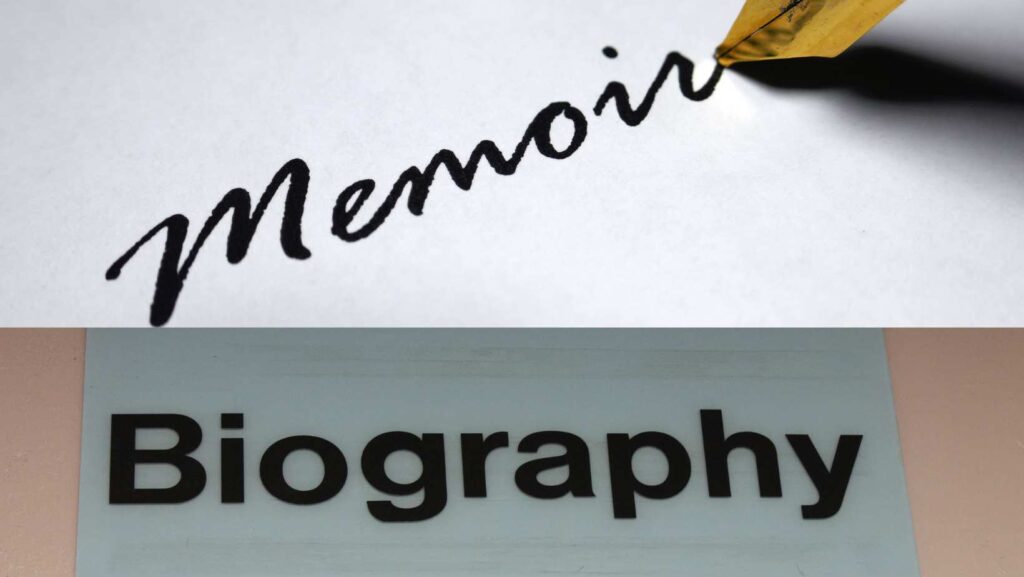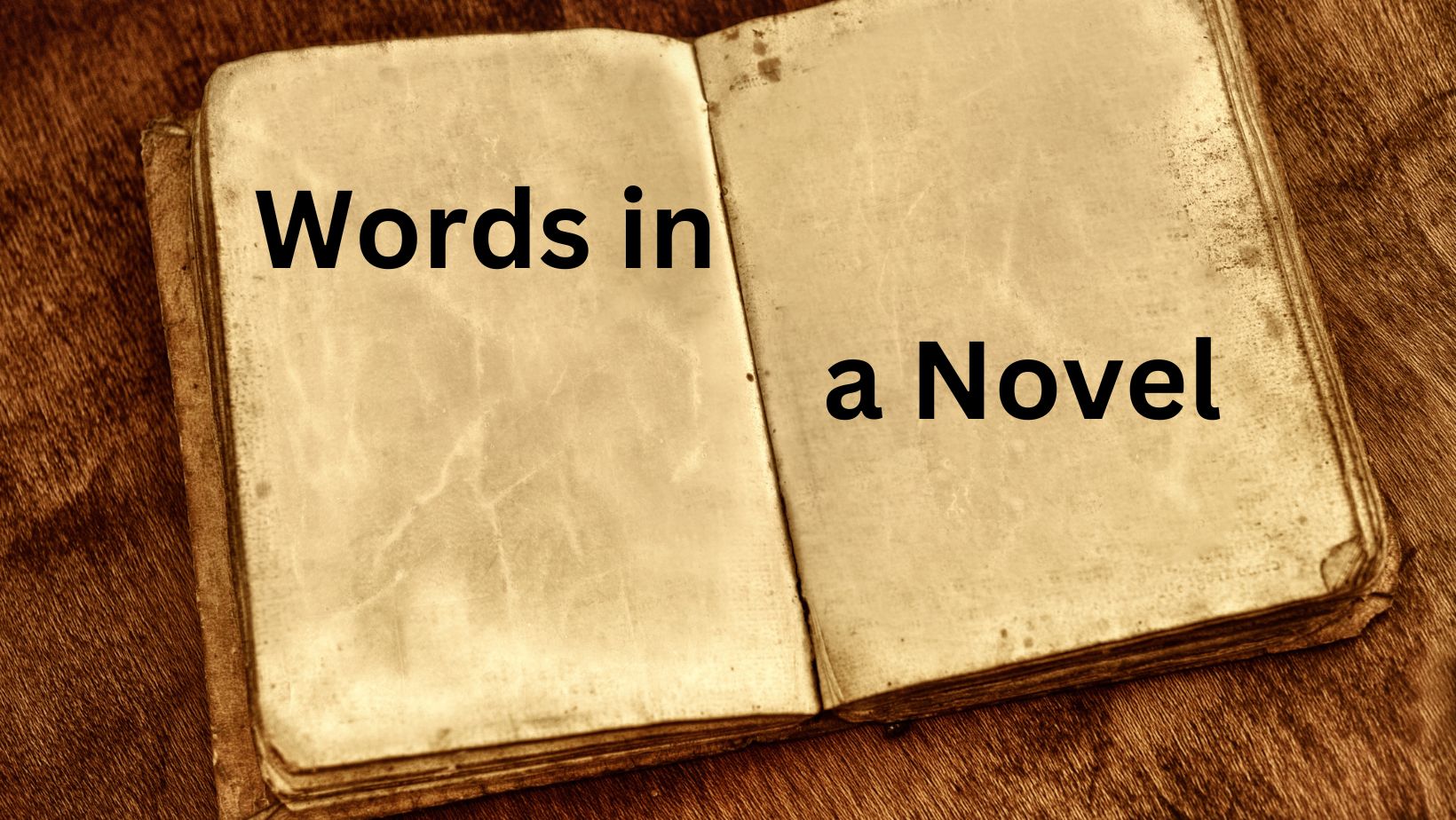A life can be narrated in many ways, and three of the most popular methods of doing so are through Autobiography Biography and Memoir. While they all share a common thread of recounting someone’s experiences, they differ in significant ways. Understanding these differences can help readers choose the most resonant books and aid authors in determining the best way to tell their or others’ stories.
Feeling perplexed when distinguishing between an autobiography, biography, and memoir? You’re not alone! These genres are often used interchangeably, but in reality, they require distinct approaches. In this blog post, we’ll delve into the unique differences of each type and offer valuable writing tips for all of them!
Table of Contents
Explore: Autobiography Biography and Memoir

Autobiography Biography and Memoir are three genres frequently intertwined, but they possess their own distinct characteristics. Autobiography is a first-person account of an individual’s life, typically authored by the subject themselves.
In contrast, a biography is a third-person narrative about someone’s life, written by another person. Lastly, a memoir is a focused and often thematic depiction of a particular period or experience in someone’s life. Understanding these genre distinctions can help you choose the most suitable approach for sharing your own story or crafting a compelling biography or memoir.
Concept of Autobiography Biography and Memoir
Autobiography Biography and Memoir often cause confusion due to their similarities. An autobiography involves the author writing about their own life experiences, while a biography involves someone else writing about another person’s life. On the other hand, a memoir focuses on a specific time or event in the author’s life. These genres demand diverse writing and reading approaches. Autobiographies tend to be highly personal, biographies strive for objectivity, and memoirs allow for a deeper exploration of a specific period or event.
Benefits of Autobiographical Writing
Writing an autobiography serves as a time capsule, capturing personal life experiences and facilitating personal growth and self-reflection. The process of writing grants individuals a deeper understanding of themselves. Moreover, an autobiography becomes a valuable resource for future generations, offering a glimpse into the past and the inner workings of their ancestors. If you seek to document your life story and leave a meaningful legacy, writing an autobiography is a commendable endeavor.
Advantages of Biography Writing
A biography chronicles a person’s life and achievements. It provides insights into their beliefs, accomplishments, and formative experiences. Crafting a biography necessitates research, attention to detail, and a thorough understanding of the subject’s life. While it requires time and effort, writing a biography offers the opportunity to learn from the subject’s experiences and find inspiration for pursuing our own passions and dreams. Though challenging, the end result is a rewarding tribute to an individual.
Aspects of Memoir Writing

Memoir writing offers an incredible avenue for storytelling and leaving a lasting legacy. What sets a memoir apart is its emphasis on delving beyond facts and events to explore the deeper meaning and emotions associated with those experiences. It demands a delicate balance of vulnerability and objectivity, as authors must be willing to share personal details while maintaining clarity and purpose. To forge a genuine connection with readers, infusing the writing with one’s own voice and personality is vital, making the story feel authentic and relatable.
Effective Storytelling
Efficiently utilizing resources is essential for crafting a compelling narrative that resonates with readers. From time management to research and even word choice, every decision plays a pivotal role in constructing a well-structured story. Outlining your narrative in advance is a valuable technique for maximizing efficiency and allowing for the clear and concise development of characters and plot points. Additionally, don’t hesitate to leverage resources such as writing groups, online tutorials, and feedback from industry professionals who can offer valuable perspectives and insights into your work.
Now that you are aware of the unique focus, purpose, and advantages of autobiographies, biographies, and memoirs, sharing your life story can be an enriching and rewarding endeavor. Having a writing partner experienced in these genres to guide you on your journey can prove invaluable in creating the narrative you aspire to tell.
Final Thoughts
Understanding the differences between Autobiography Biography and Memoir can greatly enhance your reading experience and inform your writing endeavors. If you’re looking to understand a person’s life in its entirety, a biography, or an autobiography may be the right choice. However, if you’re more interested in a focused exploration of specific experiences or themes, a memoir would likely be a better fit.
For writers, your choice depends on the story you want to tell. If you’re aiming to chronicle your life or someone else’s in detail, an autobiography, or biography is likely your best bet. However, if you wish to delve into a specific part of your personal journey, a memoir could be the perfect avenue.
Regardless of the form they take, life narratives offer a powerful way to share and connect with diverse human experiences, bridging the gap between different walks of life. They remind us of our shared humanity and the power of stories to inform, inspire, and influence.
Conclusion
The literary realms of Autobiography Biography and Memoir, while intertwined, each hold distinct characteristics that make them unique. Autobiographies, self-penned comprehensive narratives of one’s life, offer firsthand insights into the author’s personal journey. Biographies, crafted by an external writer, provide a meticulously researched and objective account of a person’s life. Memoirs, on the other hand, narrow the focus to a specific theme, event, or period, delivering a deeply personal and subjective narrative.
Understanding these differences not only enriches your reading experience, but also guides aspiring authors in crafting their narratives. Regardless of the format, these genres share a common goal: to shed light on the human experience, making them powerful tools of connection, reflection, and understanding. By choosing the right narrative form based on the story you wish to tell or read, you can explore the complexities of life in all its diverse facets, unveiling lessons of resilience, hope, and the enduring power of the human spirit.



